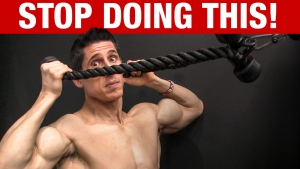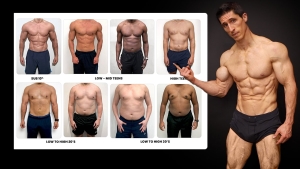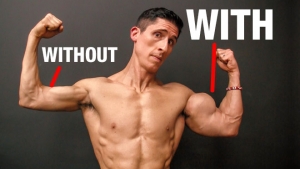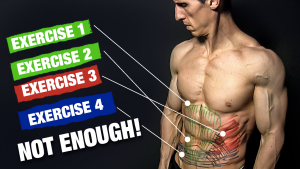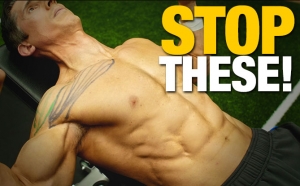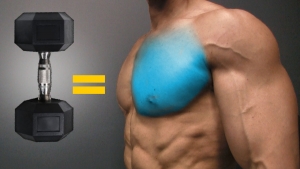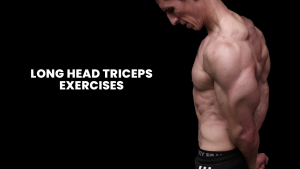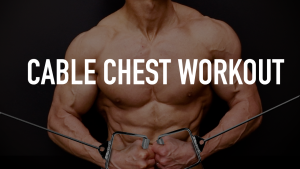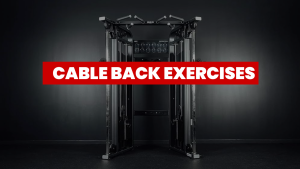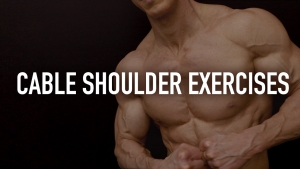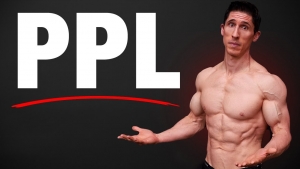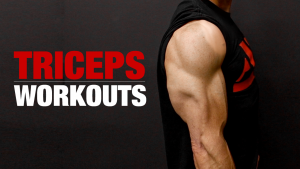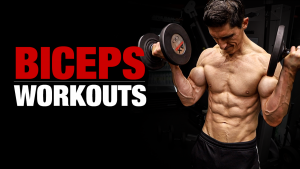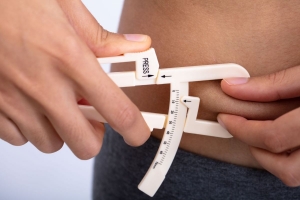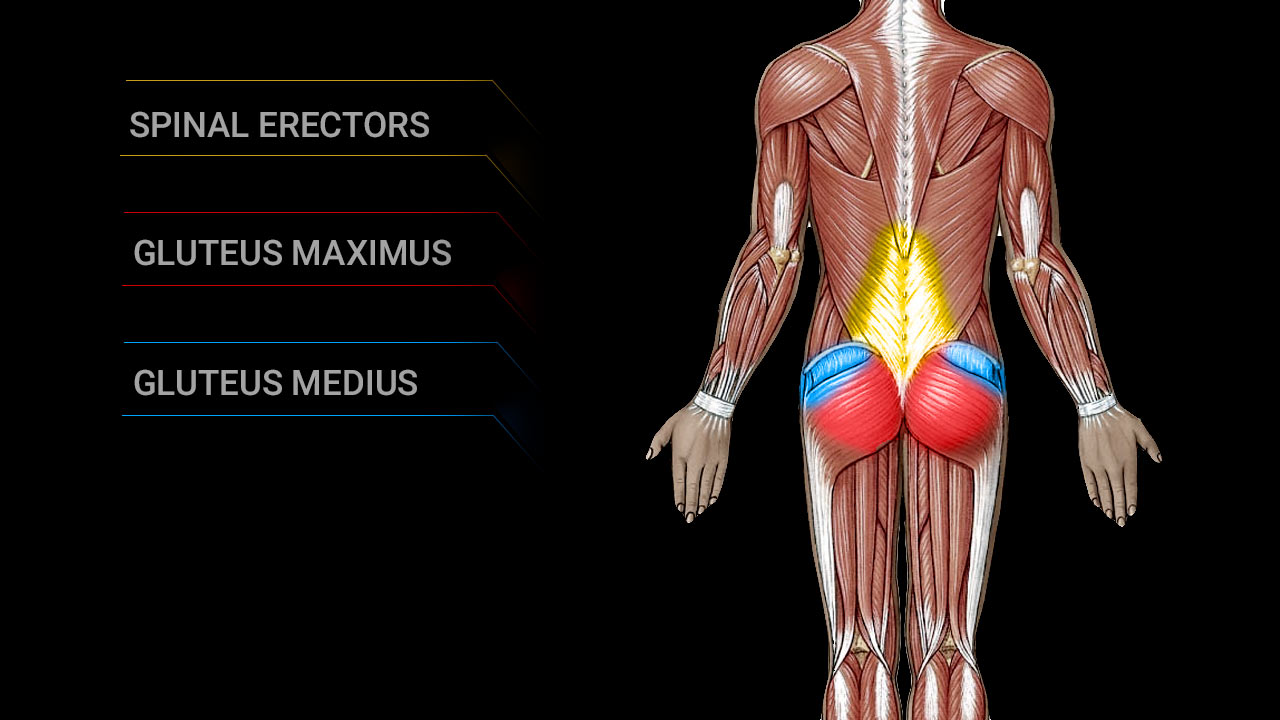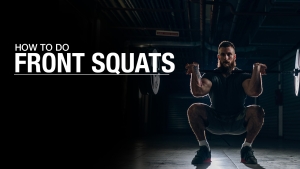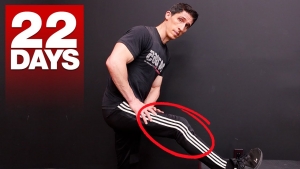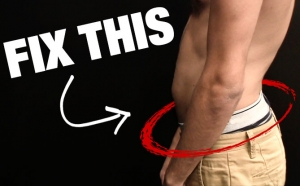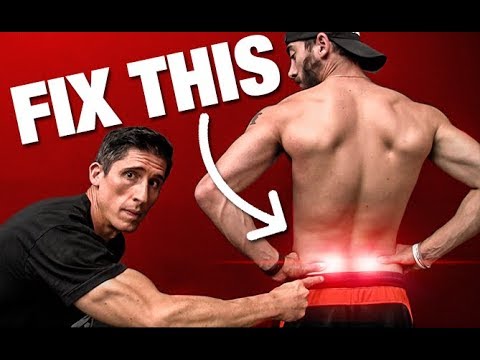
BACK HURTING? IT’S NOT THE MUSCLE YOU THINK IT IS
Your back is hurting. It’s the type of back pain that you can literally put your finger on.
When you push the spot that hurts, it shoots pain down into your butt.
You’ve tried heating pads, cold packs, and ibuprofen. But nothing is helping and some things just seem to make the chronic pain worse.
Does this sound familiar?
Guys, if these annoying pain symptoms are a part of your weekly routine, you’re not alone.
Did you know that low back pain affects 94% of the population at some point in their lives?
Lumbar pain is one of the most common pain conditions and it’s usually caused by things you’re doing every day and probably don’t even realize.
The two most common causes of low back pain are poor posture from sitting too much and using incorrect form in the weight room.
The hunched over and forward head position we tend to adopt when we’re sitting all day is pretty much a recipe for future injury.
What if you knew a way to fix it instantly?
You do now.
I’m going to show you how to get rid of that low back pain TODAY – No physical therapy, medications, or other treatments or therapies like electrical nerve stimulation needed.
More importantly, I’m going to give you the effective steps for making sure it does not come back EVER again.
YOUR BACK ISN’T THE PROBLEM
Here’s the irony: In most cases, lower back muscle pain isn’t actually coming from the low back but an entirely different muscle.
But which one? Is it your abdominal core muscle, hamstring muscles, or tight muscles in general?
To be sure, the first thing we need to do is identify what is truly causing your low back pain. I’m going to teach you how below.
But for my money, I’m willing to bet that the gluteus medius could be the real cause of your back pain symptoms.
The glute medius is sandwiched between the glute maximus and minimus – It’s actually underneath the glute maximus.
It attaches on the inside of the bony area that is called the posterior superior iliac spine, or PSIS. This attachment point is going to make your job of pinpointing the pain a hell of a lot easier. More on this below.

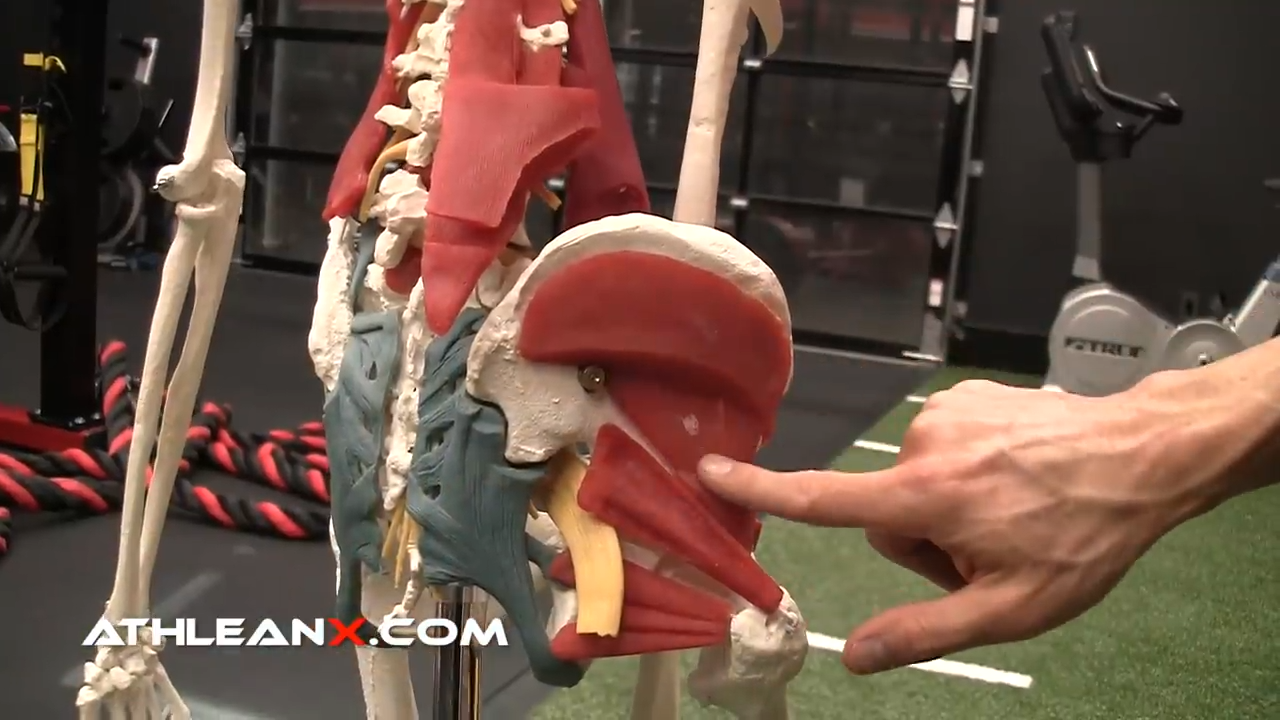
The glute medius has two main functions:
The first is hip abduction, which means lifting your hip up, and out to the side.
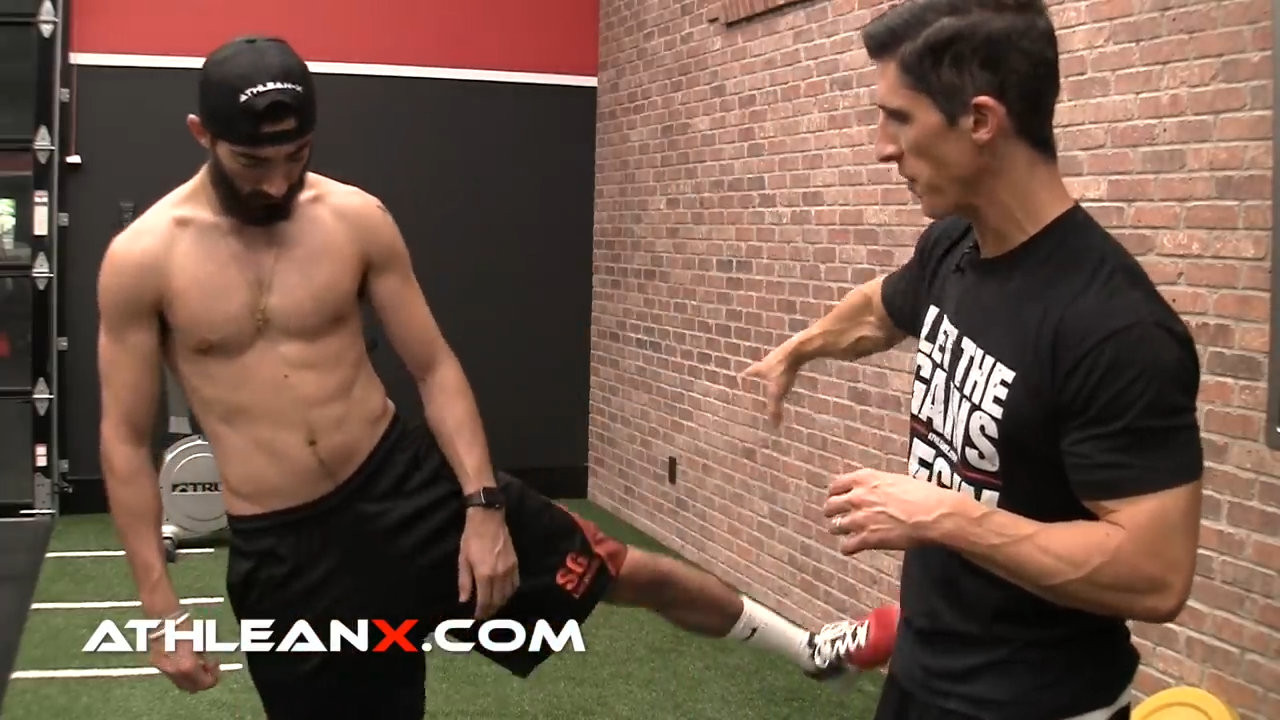
The other thing that’s even more important is that it keeps your pelvis level.
You can see this in action every time you lift one leg. Naturally, when you lift the leg, the entire body wants to fall in that direction.
But when your gluteus medius is working right and doing its job, the position of your pelvis level will stay stable.
When you have a weak or underactive gluteus medius, you can develop a postural gait called the Trendelenburg Gait.

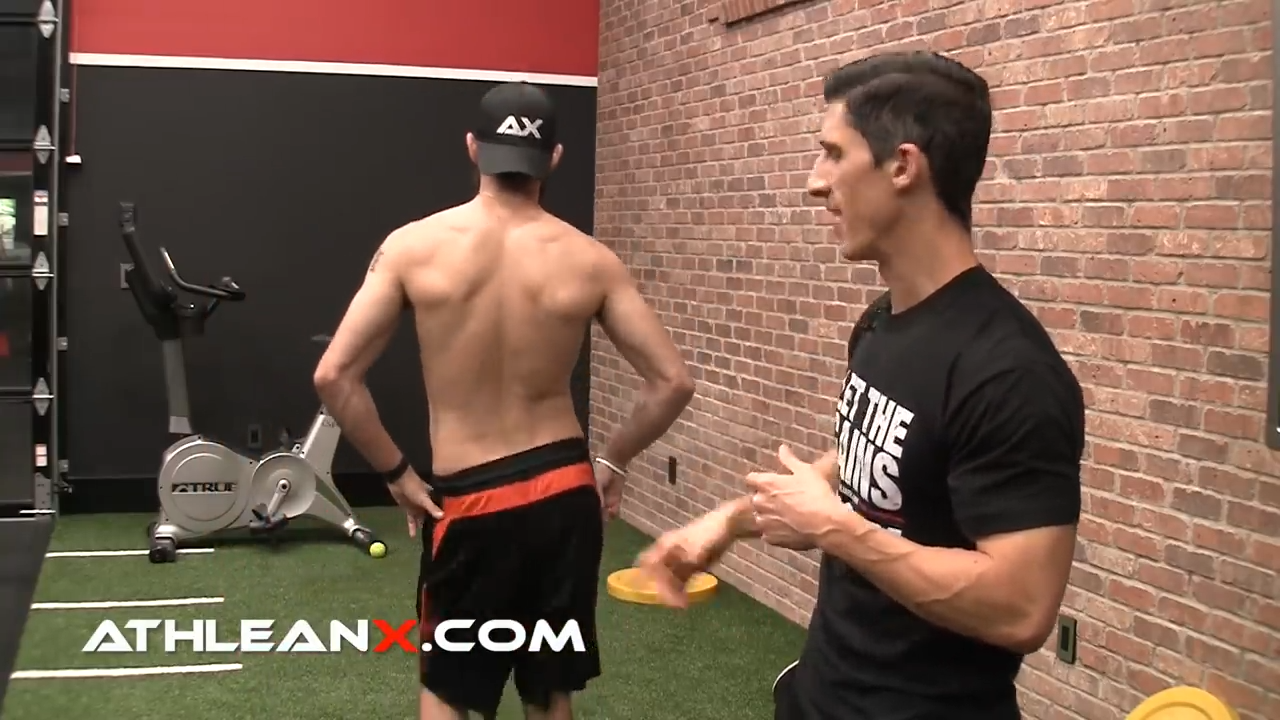
This improper posture is when your hips drop on every step. You don’t want that to happen!
IS THE GLUTE MEDIUS CAUSING YOUR BACK PAIN?
If you have a job where you are sitting throughout the day, you are actively weakening your glute medius.
Maybe you are standing for much of the day, but you have an unequal weight distribution. This will do the same thing: make your gluteus medius weak and imbalanced.
The result? Inflammatory pain that seems to be coming from your low back.
But I want you to be sure, and thankfully we can test that very easily. Here’s how to do it:
- Stand tall with your feet shoulder-width apart.
- Lift the left leg.
- Notice how it feels to lift the leg up.
- Do the same thing on the other side.

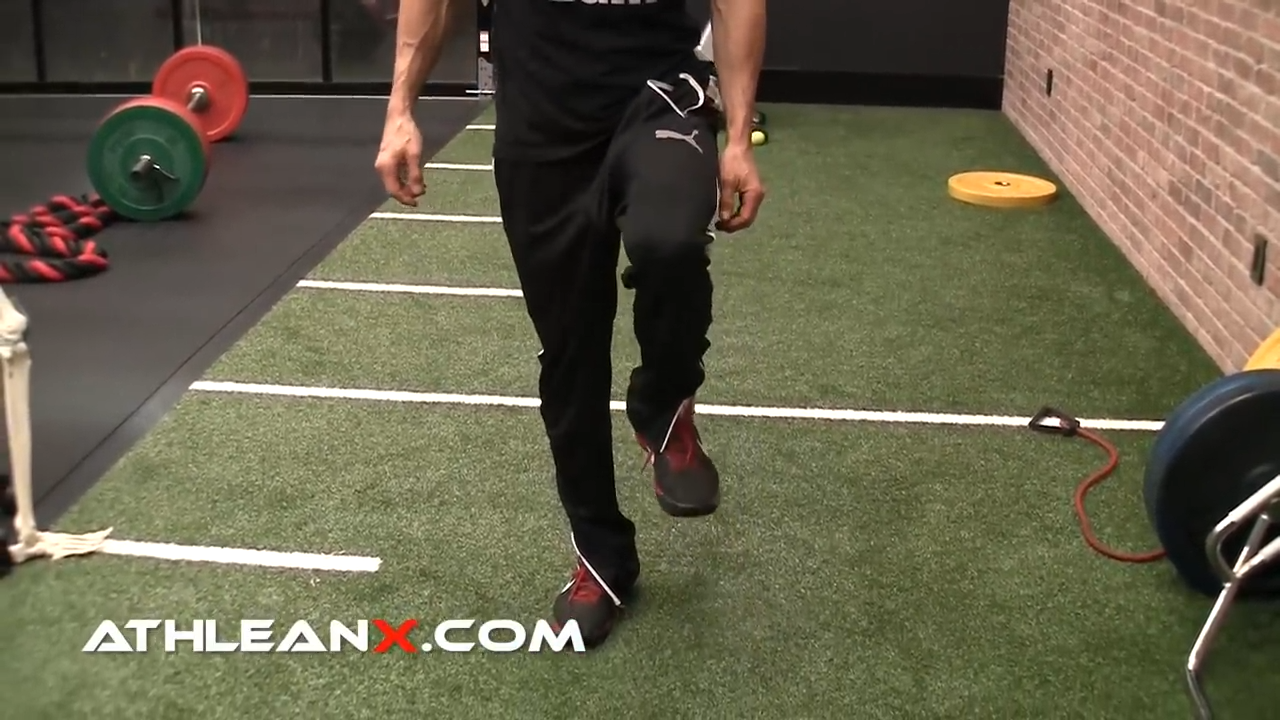
Did you notice that you had to shift your weight much more than normal to lift one of your legs?
If you have to shift your weight, or if you see that your shoulders move a lot to one side in order to get your weight off that foot, then you don’t have an equal distribution.
If you don’t address this issue now, this can cause other imbalances, and guess what. These new imbalances can increase back pain intensity and the frequency of that nagging pain.
We can eliminate that.
HOW TO RELIEVE LOWER BACK PAIN INSTANTLY
So now, the most important thing is fixing the damned thing, right?
Thankfully, the PSIS is a big, bony area, which makes it easy to feel, find out, and make sure that you’re on the spot that is causing the pain.
Before we take it to the ground, I want you to lean forward and rub your hands across the low back. You should instantly be able to feel two spots where the bones are sticking out.

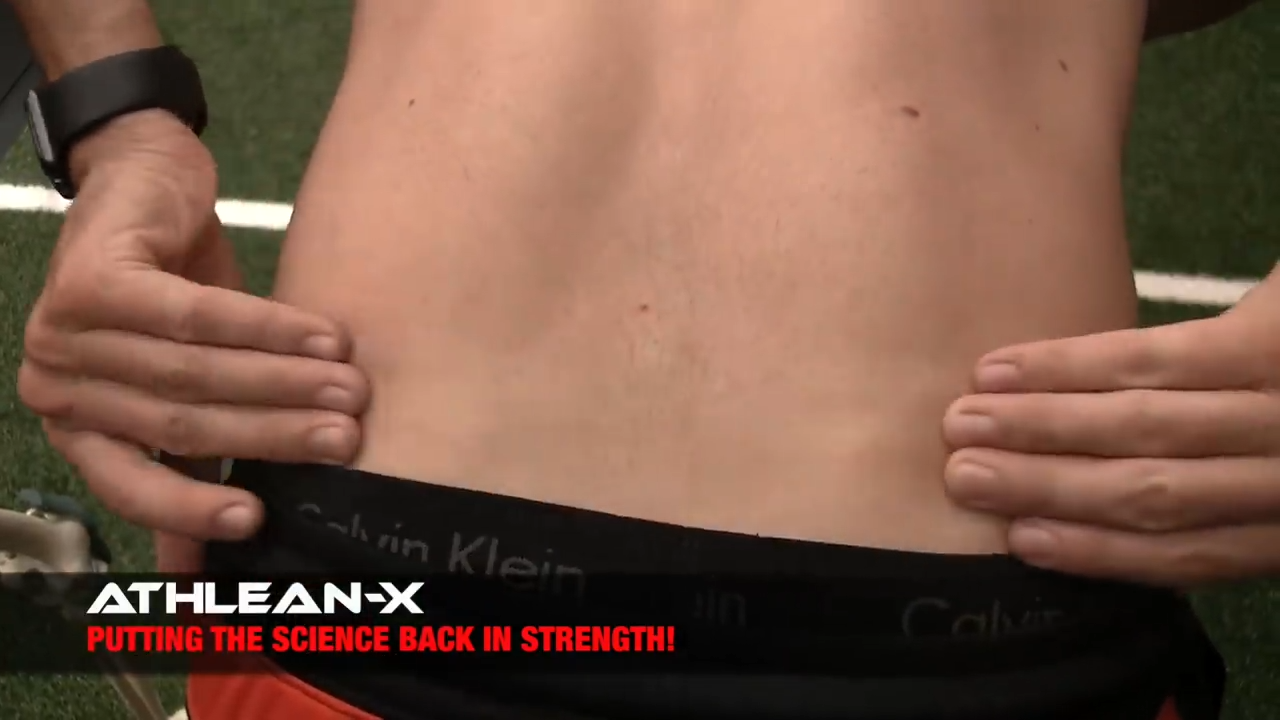
Next, run your fingers just to the outside and you should notice an immediate increase in pain and tension when you push in.
This is what we’re going to be able to take care of right now in four simple steps with some simple stretches:
STEP ONE:
Lay down on the ground with your affected side on top. If you have hardwood floors, I recommend putting a towel beneath you. So, if your right lower back was bothering you then you would want to lie on your left hip.
From here, take your thumb and place it directly on the skin just to the side of that bony area that is the most sore. Keep it here throughout the entire movement, making sure to push in as hard as you can tolerate.

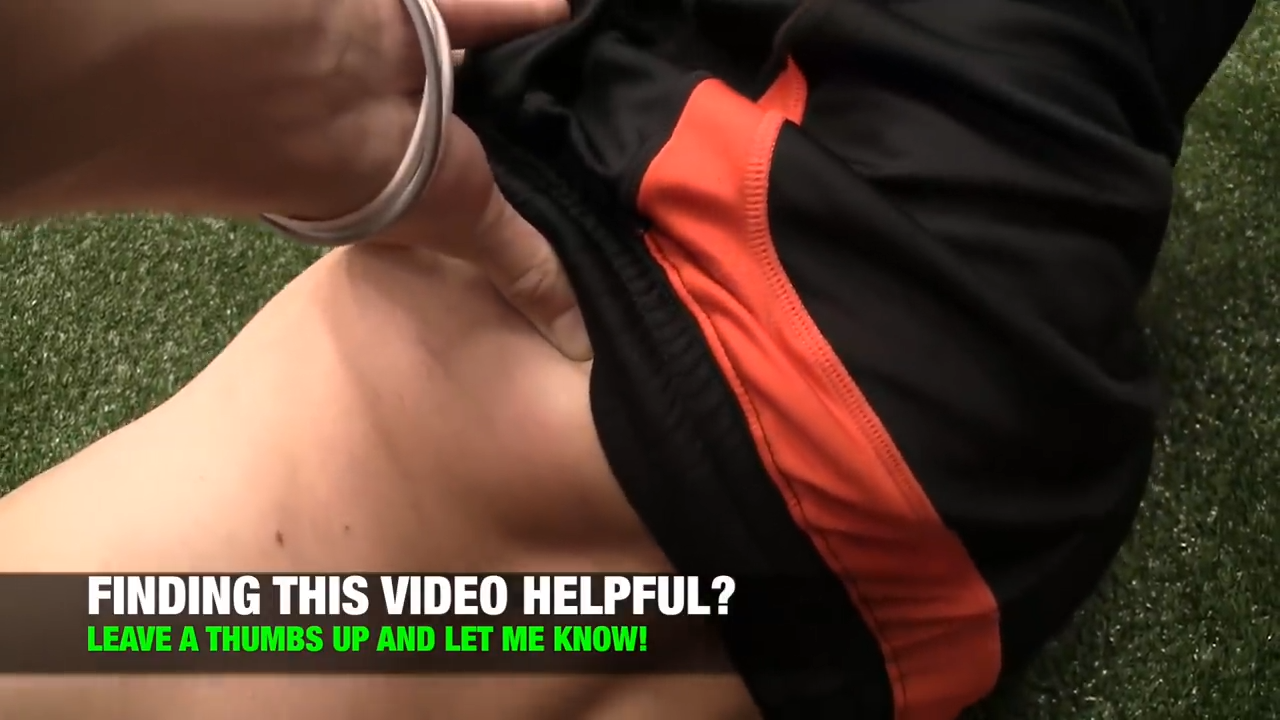
Some of you might be wondering if it’s better to use a lacrosse ball.
The short answer is, “Absolutely not.”
Why?
You don’t want to use a lacrosse ball underneath you because when you’re in pain, you’re already inflamed. So, if you’re putting too much pressure on this area, it’s likely to resist what you’re trying to do, and this is not going to help fix it.
From here, you’re going to use your own pressure from your hand, and then move your leg in a few directions.
With plenty of control, bring your leg down until your knee touches the ground.

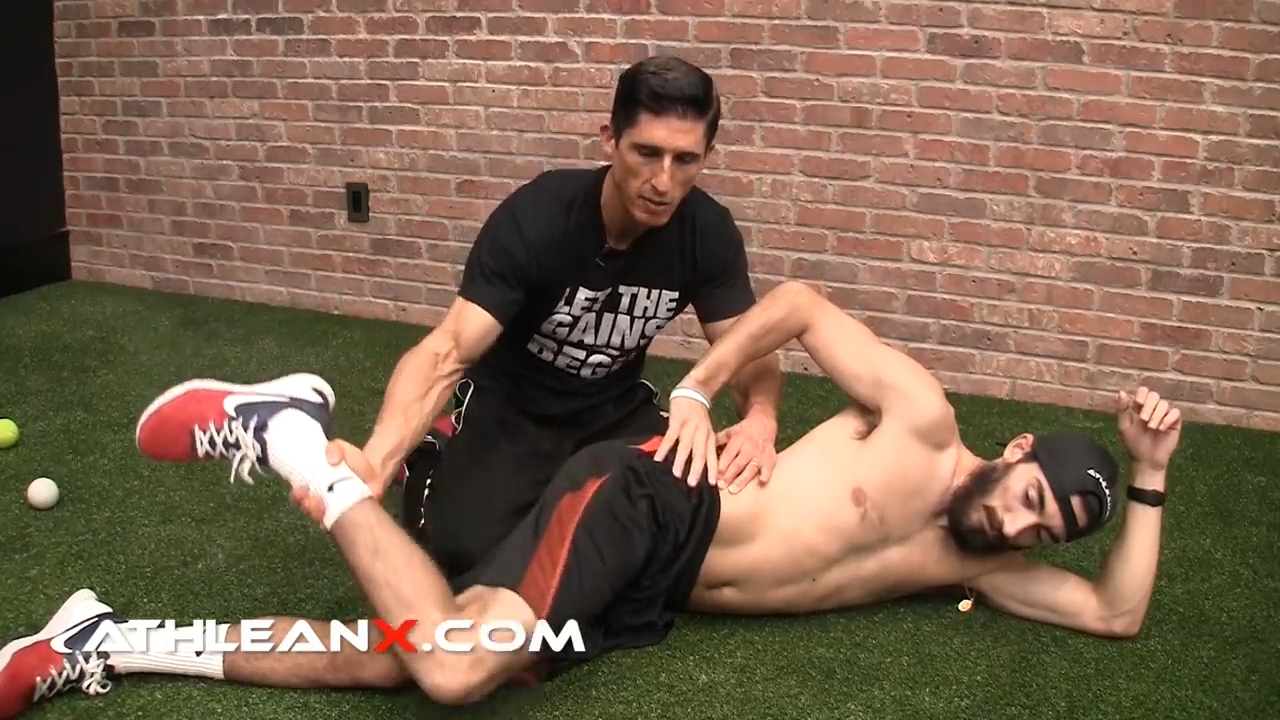
STEP TWO
Once your knee touches the ground, you’re going to bring it back and behind you into extension. It’s key that you get past the midline of your body.

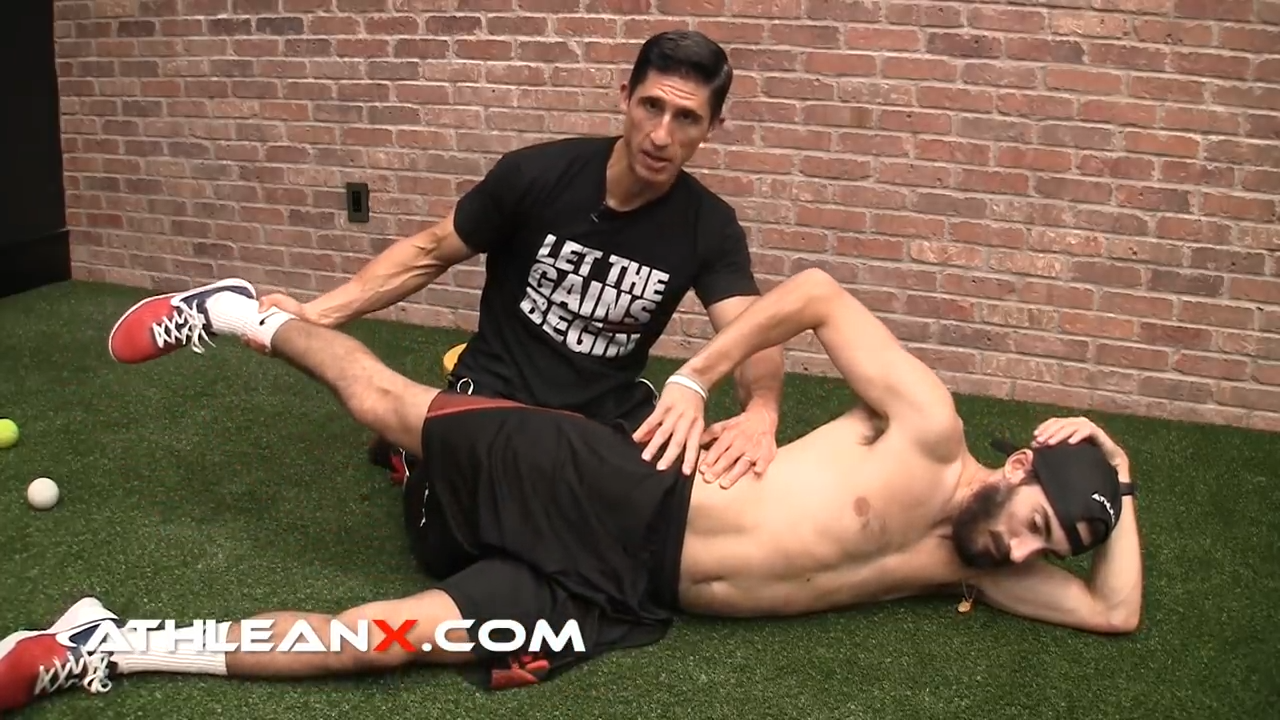
STEP THREE
Next, point your toes down toward the ground and lift your leg up. You’re going to notice that you are getting a lot of hip abduction here.

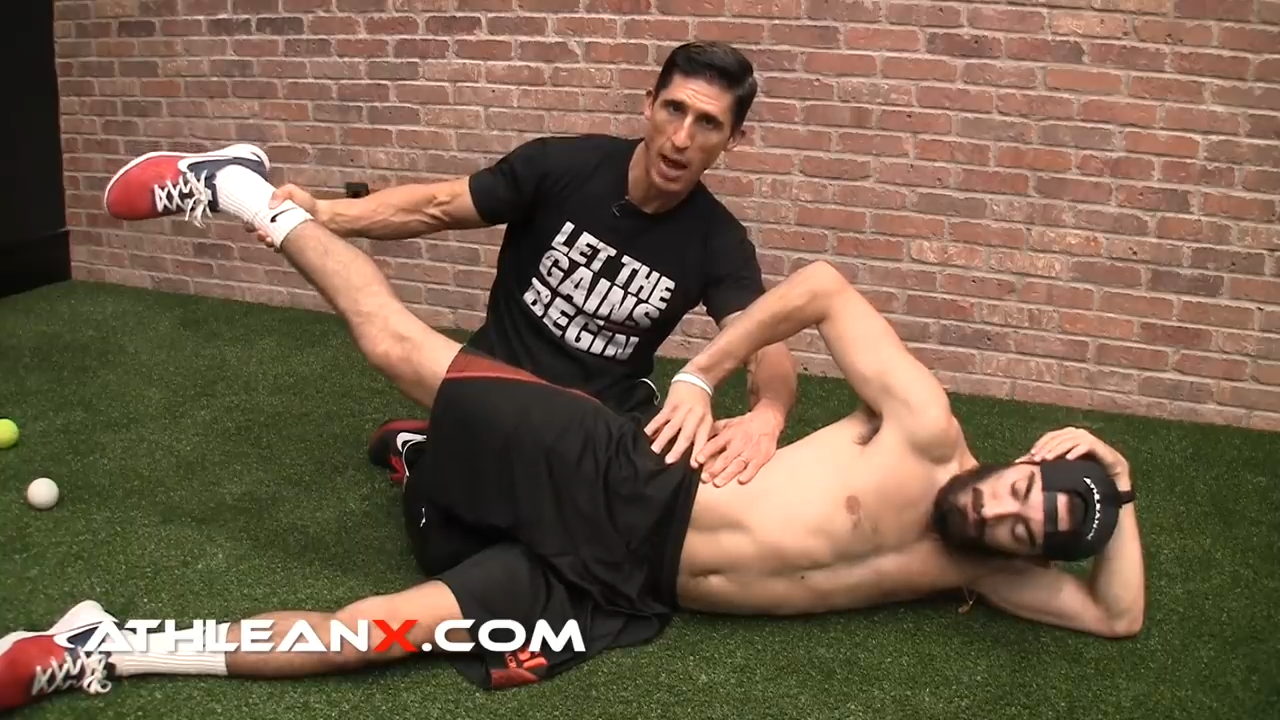
STEP FOUR
In the final step, the goal is to burn out this muscle.
Find that spot again and take your leg through the same movement as before but hold your leg up in abduction and squeeze as hard as you can for as long as you can. Realistically, you’ll probably burn out after 30 seconds, and that’s if you’re lucky.

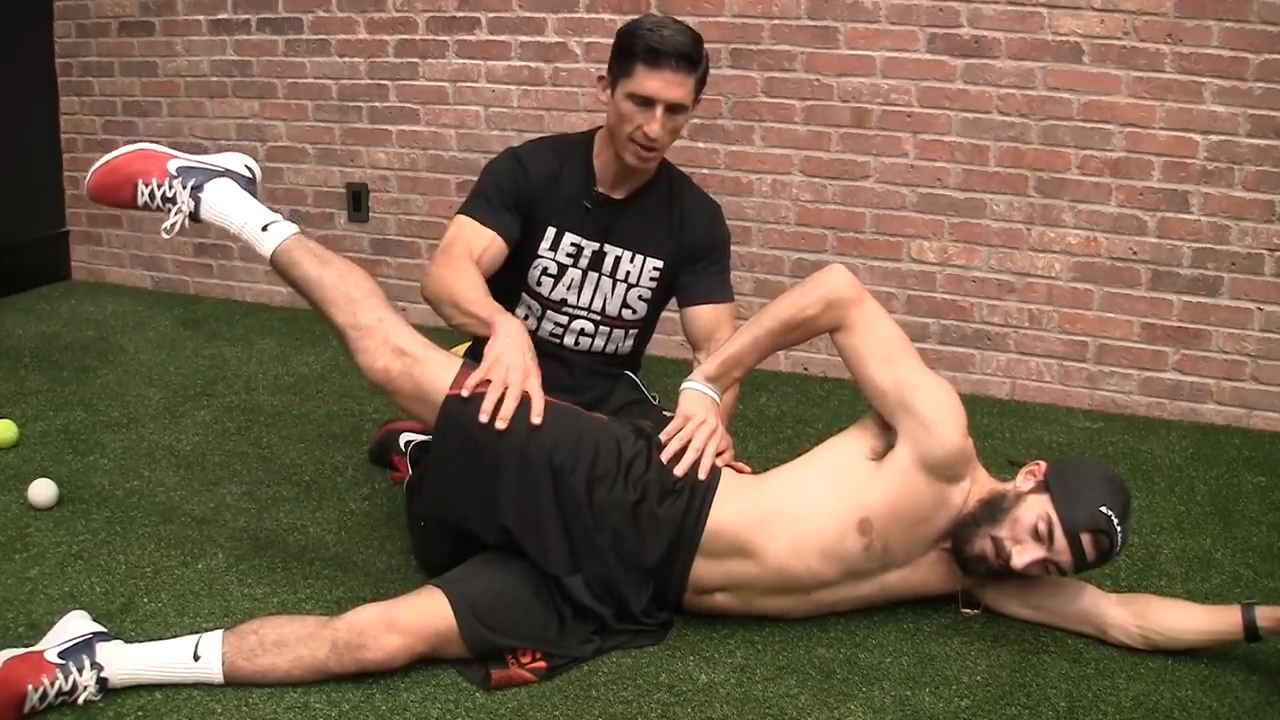
Now, go ahead and stand up, and you should notice an immediate relief in the amount of discomfort that you feel in that spot. Amazing what some simple stretching can accomplish!
EXERCISES TO KEEP LOW BACK PAIN AWAY… FOR GOOD!
One of the interesting things that you’re going to notice during the movement described above is how weak the glute medius is.
If you want to decrease pain over time and keep it away, you’ll need to strengthen that muscle.
Here are some exercises to strengthen the glute medius and get rid of this pain once and for all.
WALL DRIVERS

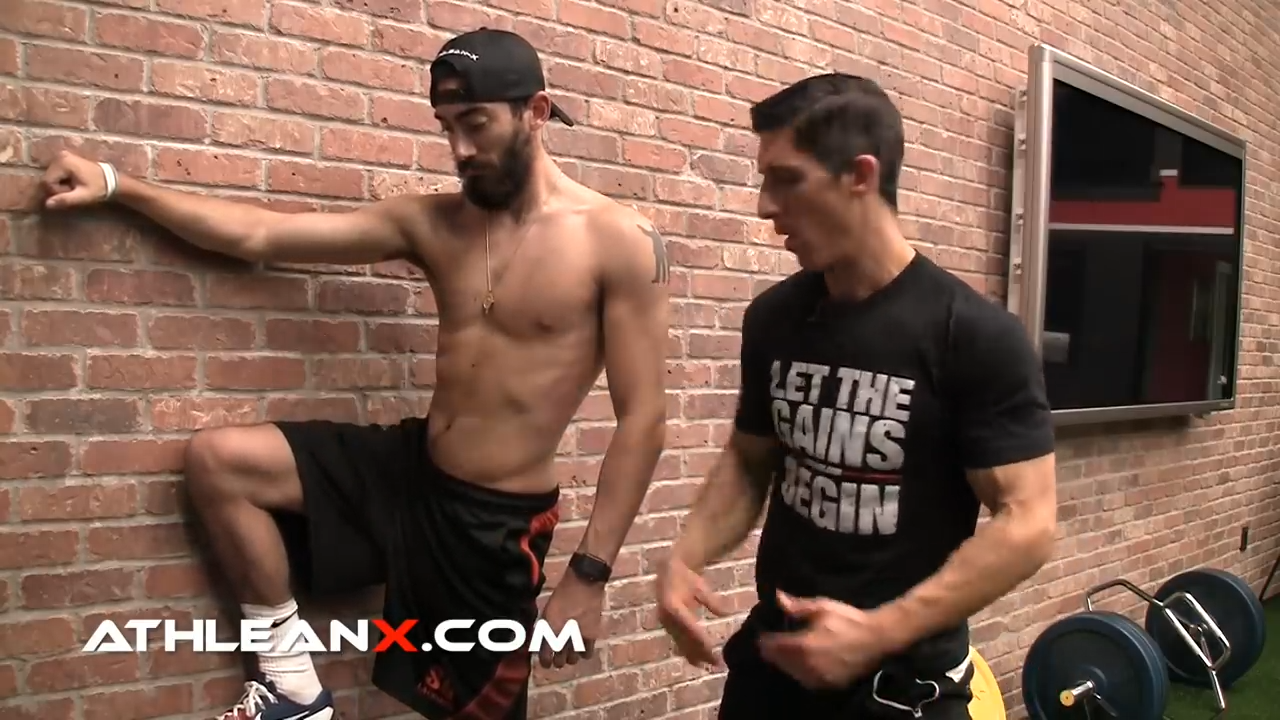
For the starting position, stand next to a wall so that your right side is near the wall. Put your right arm on the wall for support. Lift your right leg and you’ll notice that your left hip will casually drop out to the side.
But the glute medius wants to make sure that your left hip doesn’t drop. So you’re going to drive it back in until your right leg touches the wall.
Let the left hip drop out, and then drive it up and across again. Make sure you get really good solid contractions so you’re teaching the glute medius to get stronger.
Repeat this for 10 to 15 repetitions and be sure to do this exercise up to five times per week.
If you’re experiencing a lot of low back pain right now, you can even do this once per day until you achieve pain relief.
SAC SWINGER
This next exercise is a bit elaborate, and yes, it’s definitely weird. It’s called the Sac Swinger.

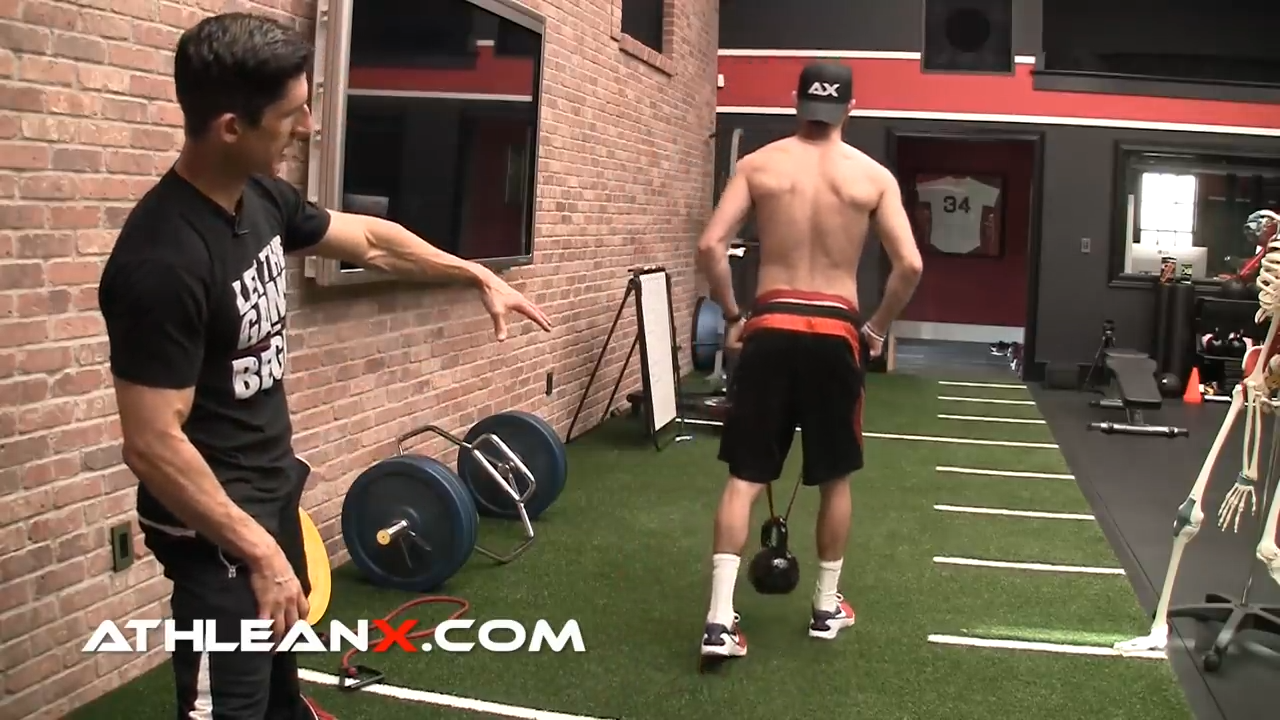
Take a dip belt – if you don’t have one, you can use a dog leash – and a kettlebell, dumbbell, or weight plate.
Attach the belt to the weight and hook the belt around your waist.
All you’re going to do is start walking and try to maintain a nice, slow, normal gait. Walk the length of the room, slowly turn around, and do it again.
A more advanced version of this exercise would be to try to hold up the weight of that leg that’s in the air for a second or two as you’re walking.
This is going to really start to free up those hip muscles, teach those muscles to be a lot stronger, and most importantly, make your low back pain a thing of the past.
THREADING THE NEEDLE
Finally, the last exercise is the Threading the Needle movement I talked about above to get rid of your low back pain.
However, this time I just want you to perform the movement itself without placing your thumb in the sore spot.

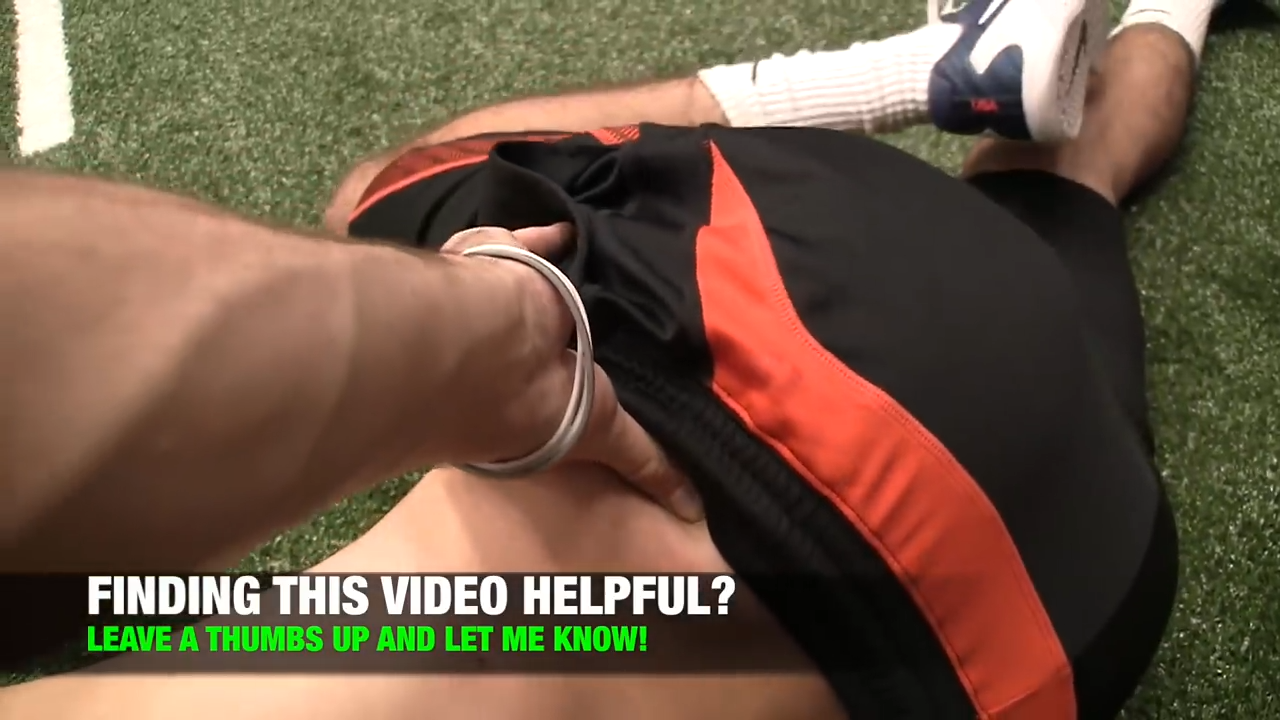
So, bring your leg back behind your body and lift it up with the toes down. Then come forward, touch the ground, come back, and do those leg lifts.
Do as many of those as you can until you build up your tolerance and your endurance.
Guys, low back pain is one of the most common things that we all deal with. And if you don’t address low back pain, it can undermine your workouts.
Whatever exercises you do from above, just be sure you are consistent. Sticking with these exercises is going to pay off in ways outside of relieving the pain.
If you are looking a complete training program that helps prevent injury and builds muscle, check out our ATHLEAN-X programs to see which one best fits your goals and fitness level.

- Most low back pain is NOT caused by the lower back.
- The majority of lower back pain comes from weak and tight muscles, primarily the gluteus medius.
- You can locate the source of your pain by bending at the hips and pushing into the spot just outside of those two knobby hip bones in the low back.
- Once you locate the source, lie on the ground and thread the needle while pushing into the spot.
- Strengthen your glute medius with Wall Drivers, Sac Swings, and Threading the Needle.
- My recommended pain treatment plan is to do these exercises once per day for up to five days per week.
- Other types of pain treatment like a warm bath and an ice pack still help for relief so don’t forget about those.
- You’ll see the most progress if you stay consistent for a 6-12 week period, so keep at it until you get rid of low back pain and keep it away for good.
HOW TO FIX LOW BACK PAIN FAQS
To fix back pain in 5 minutes, try this exercise. Lay on your side on the ground with your affected side on top. Take your thumb and place it directly on the skin just to the side of that bony area that is the most sore. Keep it here throughout the entire movement, making sure to push in as hard as you can tolerate. First, bring your leg down until your knee touches the ground. Then, once your knee touches the ground, you're going to bring it back and behind you into extension. Next, point your toes down toward the ground and lift your leg up. Finally, find that spot again and take your leg through the same movement as before but hold your leg up in abduction and squeeze as hard as you can for as long as you can. Realistically, you'll probably burn out after 30 seconds, and that's if you're lucky. Now stand up, and you should notice an immediate relief in the amount of discomfort that you feel in that spot.
If the source of your back pain is the gluteus medius, a regular exercise program of exercises like Wall Drivers, Sac Swingers and Thread The Needle done on a regular basis may help with decreases in pain over a period of time. Other home remedies include over the counter pain relievers such as nonsteroidal anti-inflammatory drugs (if your health care provider says they are safe for you), cold therapy (such as cold compresses) or heat therapy, and gentle stretch exercise. If you are in severe pain or have an acute back injury, be sure to consult your health care provider. They may recommend other treatments such as seeing a physical therapist, muscle relaxants, spinal manipulation or a spinal injection. To keep back pain away for good, be sure to use correct posture in your daily activities as well as in your exercises at the gym.
If the reason for your back pain is the gluteus medius buttock muscles, gentle forms of exercise like Wall Drivers, Sac Swingers and Thread the Needle may help. Effective home remedies include ice therapy, hot therapy, over the counter medicine for pain and alternative therapies like Arnica gel. If you are in acute pain it's important to seek medical care right away. They may give you prescription pain medicine, or send you to a provider that can provide physical therapy modalities and an exercise routine. Some people use chiropractic care or chiropractic massage for their back problems, but it's best to consult with your doctor first. To keep your spine healthy in the longer term make sure to use proper posture, participate in regular physical activity to keep blood flow moving throughout the body and adopt a healthy diet to maintain a healthy weight. Be sure to pay attention to desk ergonomics including desk height and a proper chair to be sure you have proper posture at work and are avoiding incorrect posture that can compromise health of muscles. Be sure to engage abdominal muscles (pull in your belly button) when you are lifting heavy items at home or heavy weight at the gym.
If the source of your back pain is the gluteus medius, doing gentle exercises like Wall Drivers, Sac Swingers and Thread the Needle may help. Other things that may speed the healing process are over the counter pain medication, moderate rest, topical pain remedies like Arnica, cold therapy or a hot bath for effective pain relief. To prevent recurrence of back pain, be sure to use optimal posture at home and at work. Be sure you have an ergonomic workstation including desk height and a proper chair to be sure you have proper posture at work and are avoiding incorrect posture that can compromise health of muscles. If you have high pain levels for more than a couple of days or an acute injury, seek medical treatment right away.

Jeff Cavaliere M.S.P.T, CSCS
Jeff Cavaliere is a Physical Therapist, Strength Coach and creator of the ATHLEAN-X Training Programs and ATHLEAN-Rx Supplements. He has a Masters in Physical Therapy (MSPT) and has worked as Head Physical Therapist for the New York Mets, as well as training many elite professional athletes in Major League Baseball, NFL, MMA and professional wrestling. His programs produce “next level” achievements in muscle size, strength and performance for professional athletes and anyone looking to build a muscular athletic physique.
